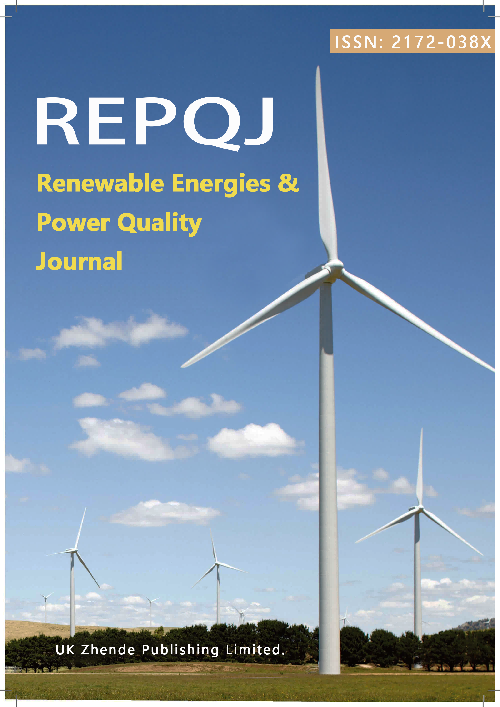Smart Bioinsulating Composites for Thermal Comfort and Energy Efficiency
DOI:
https://doi.org/10.52152/4539Keywords:
Thermal insulation, bio dispersions, phase change materials (PCM), thermal energy storage, sustainable technologyAbstract
This work aims to develop an efficient technologyfor valorizing by-products from agricultural and forestry activities by creating high-performance thermal insulators. Complex biodispersions were designed by incorporating phase change materials (PCM) into biofoams for thermal storage and regulation applications. The developed composites demonstrated effective PCM encapsulation, with latent heat storage capacities reaching up to 96.58 J/g for the highest PCM concentration studied. These materials will enhance industrial efficiency in areas such as high-temperature heat recovery, cold energy storage, and building insulation. Additionally, this material not only seeks technological advancement in insulation, crucial for conserving energy by minimizing thermal transfer and improving the safety and quality of industrial processes, but it also stands out as a sustainable technology. The use of bio-based polymersalso maximises biomass resources and generating socioeconomic benefits through employment in agriculture and forestry.
Downloads
Published
Issue
Section
License
Copyright (c) 2025 C. Delgado-Sánchez, A. Tenorio-Alfonso, F. J. Navarro, P. Partal (Author)

This work is licensed under a Creative Commons Attribution 4.0 International License.











